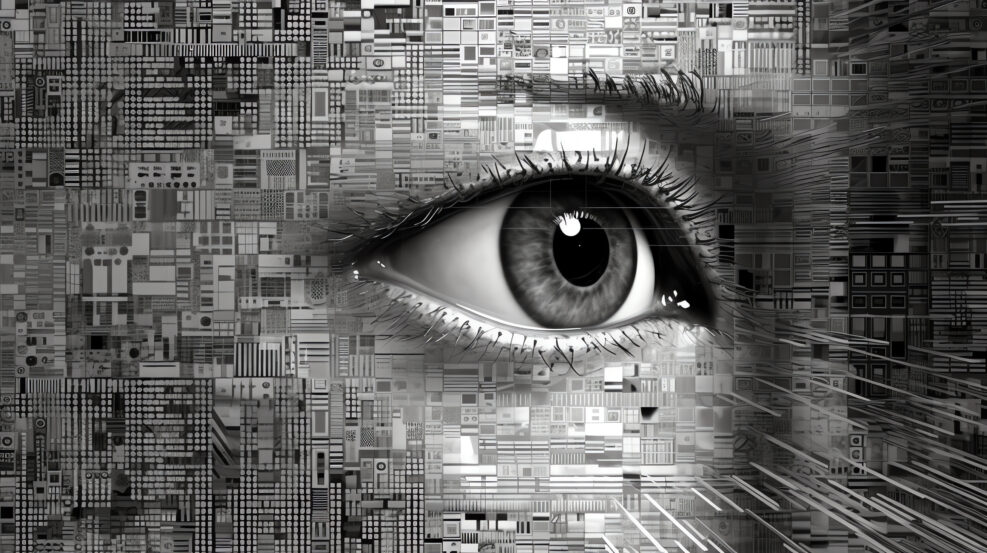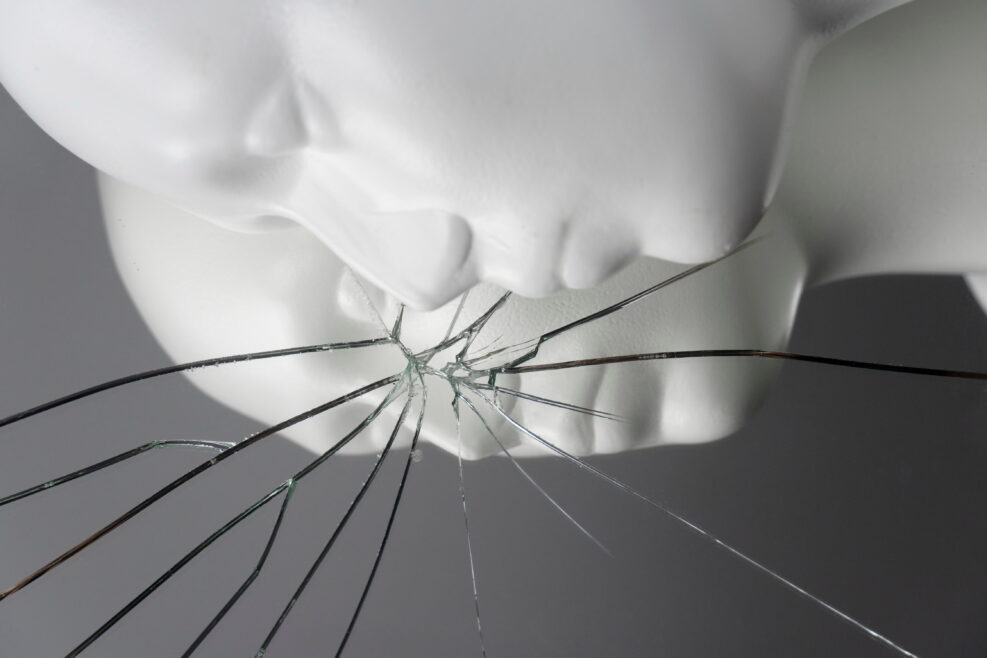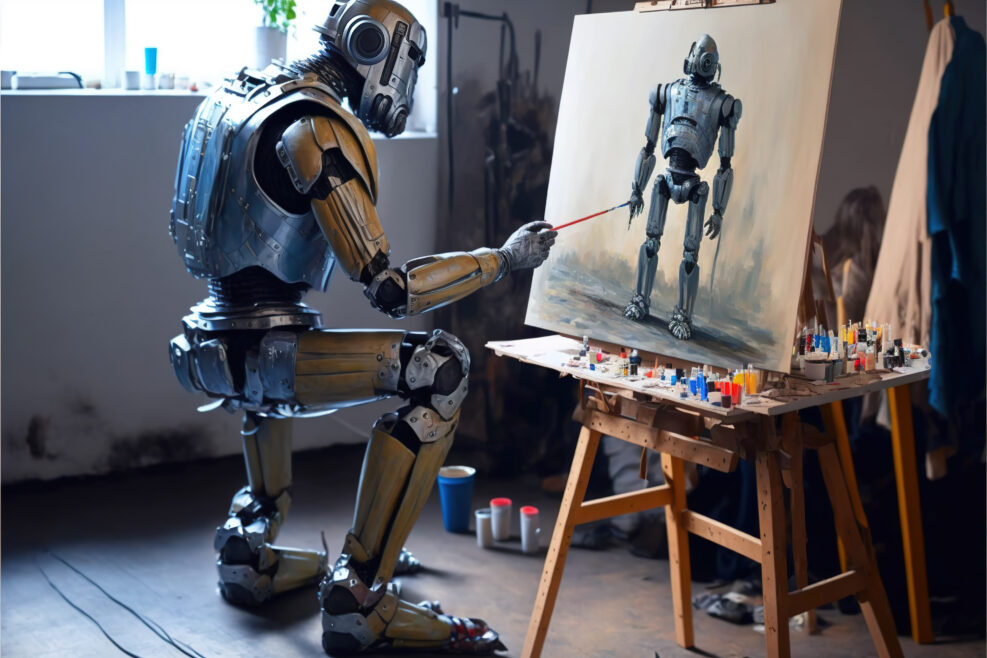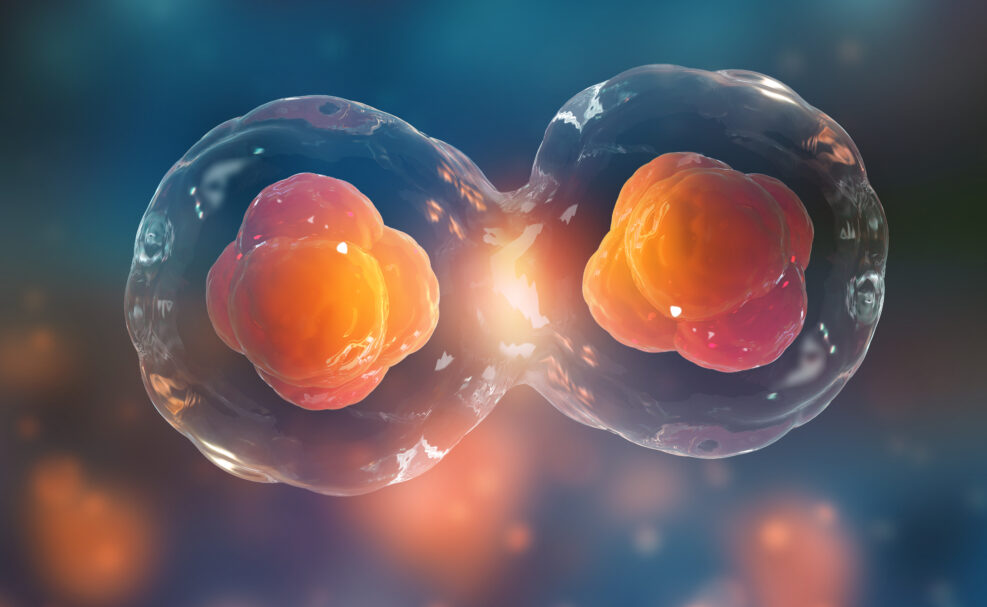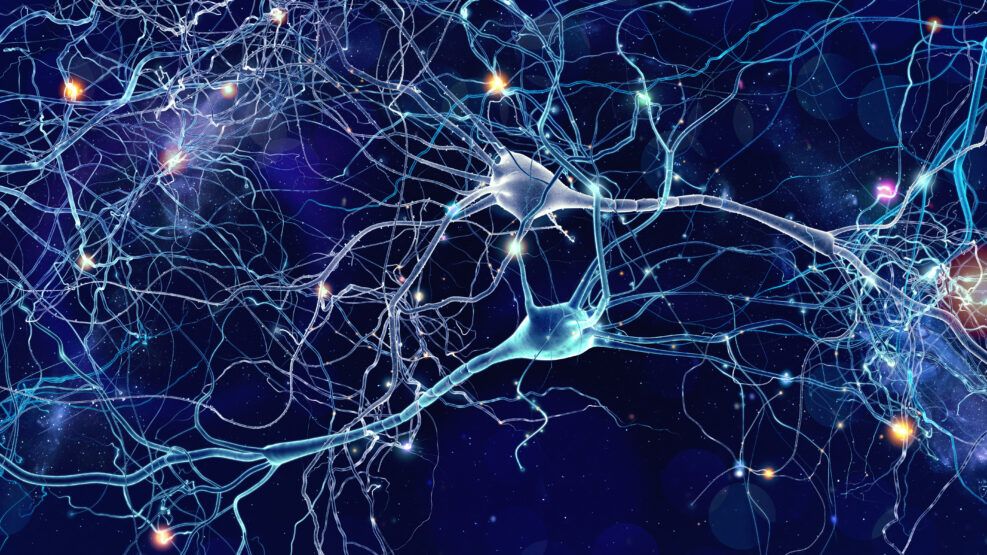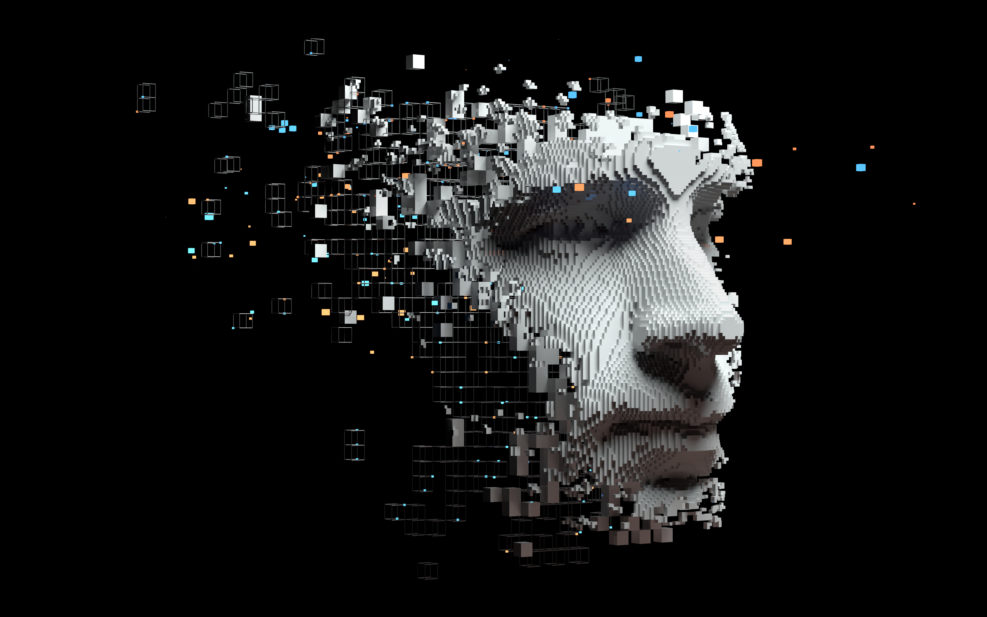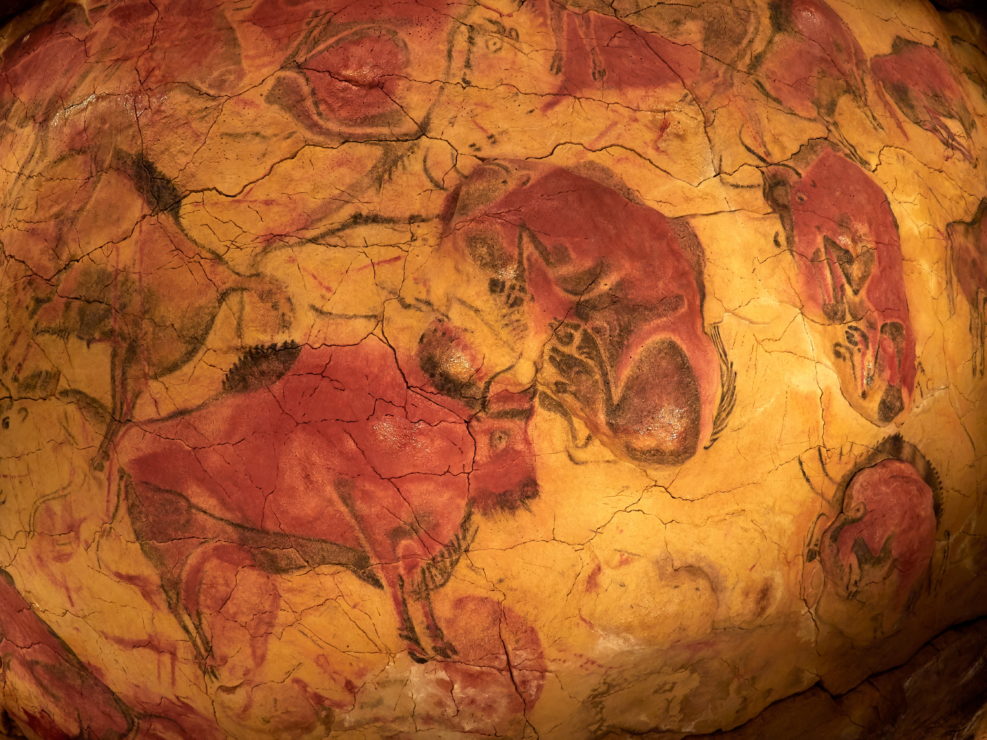
That “Mirror Image” Myth About Identical Twins… What Happened?
Researcher of identical twins hoped to prove that Genes Rule! But there were ethics slippages along the wayFor some decades, we heard claims from studies of identical twins (formed when one fertilized egg splits) that everything from exam results to homosexuality might hinge on genetics. Therefore, any similarity in later choices or behavior might be due to genetic factors (read “predetermined” or “inevitable” here). How has that assumption held up, especially in the age of genome mapping? Identical twins comprise roughly 1 in every 250 births. Studies of twins who were separated at birth, have been especially prized because the twins were assumed to grow up in different environments. Thus any significant similarities pointed to genetic influences. Several problems emerged though. For one thing, what about the assumption that separation at birth means that twins experience different Read More ›

